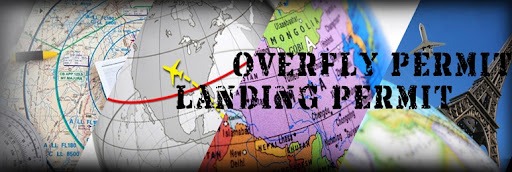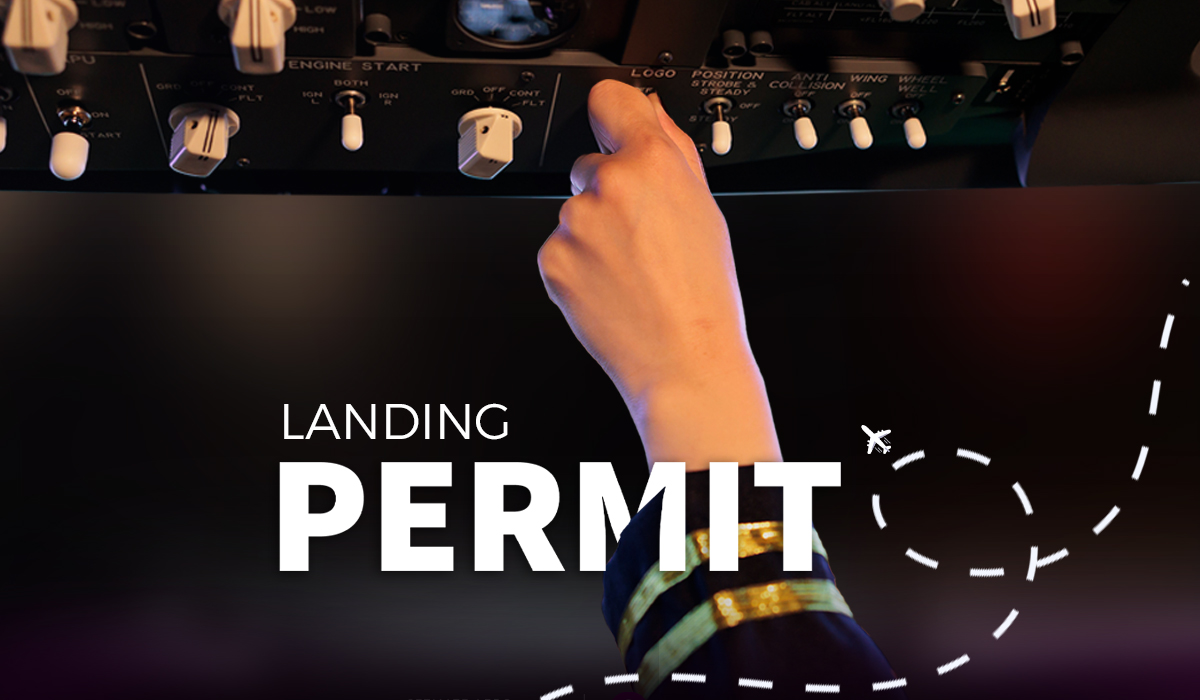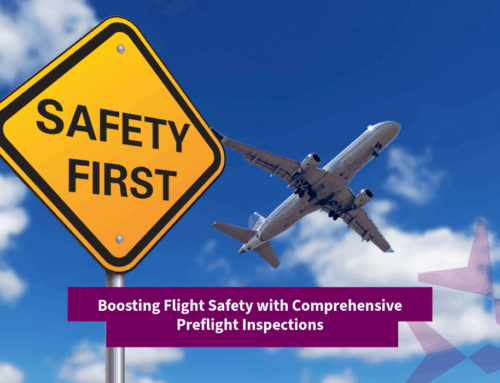Securing Overflight and Landing Permits for International Flights
Obtaining overflight and landing permits is a crucial step in planning international flights. These permits allow aircraft to fly over and land in foreign countries, ensuring compliance with local regulations and airspace restrictions.
Here’s a general overview of the process:
1. Research Requirements:
- Determine the countries you’ll be flying over or landing in.
- Identify the specific authorities responsible for issuing overflight and landing permits in each country.
- Gather information about the required documentation, fees, and processing times.

2. Submit Application:
Prepare the necessary documentation as per the requirements of each country. This typically includes:
- Flight plan
- Aircraft registration and technical information
- Crew information
- Cargo manifest (if applicable)
- Insurance information
Submit the application to the relevant authorities in each country. You can usually submit applications online, by email, or through a diplomatic channel.
3. Await Approval:
Processing times can vary depending on the country and the complexity of the application. Be prepared to provide additional information or documentation if requested.
4. Obtain Permits:
Once approved, you’ll receive the overflight and landing permits. Ensure you have copies of these permits on board the aircraft during your flight.
Countries Requiring Overflight Permits

- Africa: Most countries (e.g., Kenya, Nigeria, Egypt, South Africa).
- Middle East: Nearly all, including Saudi Arabia, UAE, Iran, and Iraq.
- Asia: Major nations like China, India, Japan, Indonesia, and Pakistan.
- Europe: Generally not required within the EU but necessary for Russia, Turkey, and non-EU-registered flights.
- North America: Usually not needed for the U.S., Canada, and Mexico (except military zones).
- South America: Most countries (e.g., Brazil, Argentina, Chile).
- Oceania: Some Pacific nations; Australia/New Zealand typically exempt.
Additional Tips:
- Plan ahead: Start the application process well in advance, especially for flights to countries with strict regulations or long processing times.
- Be prepared for changes: Be aware that flight plans or permits may need to be revised due to unforeseen circumstances, such as weather conditions or airspace closures.
- Consider using a third-party service: Some companies specialize in obtaining overflight and landing permits. They can handle the paperwork and coordination on your behalf.
For more specific information, contact JetMate.






